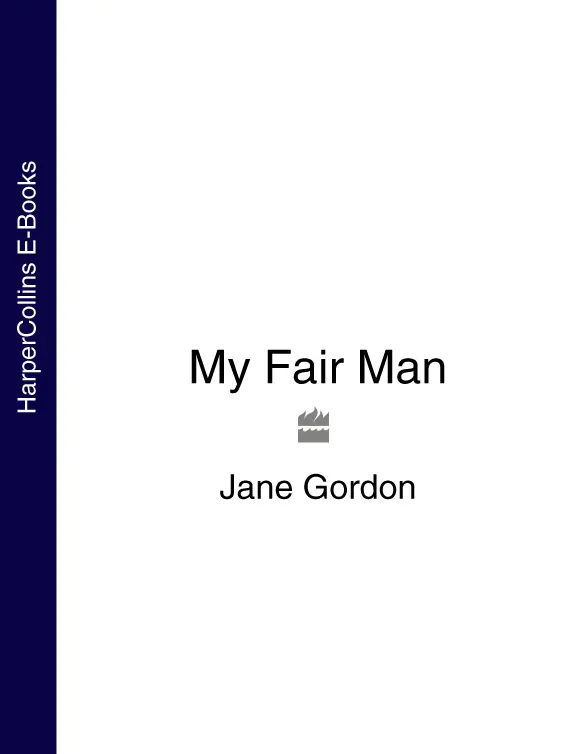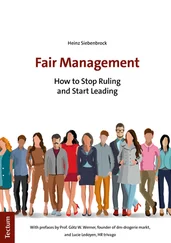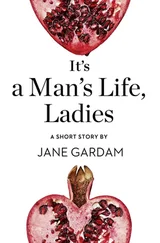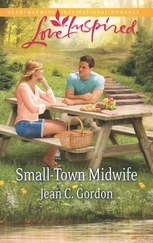
JANE GORDON
For Jack
I shall make a duchess of this draggletailed guttersnipe
George Bernard Shaw, Pygmalion
Cover
Title Page JANE GORDON
Chapter One
Chapter Two
Chapter Three
Chapter Four
Chapter Five
Chapter Six
Chapter Seven
Chapter Eight
Chapter Nine
Chapter Ten
Chapter Eleven
Chapter Twelve
Chapter Thirteen
Chapter Fourteen
Chapter Fifteen
Chapter Sixteen
Chapter Seventeen
Chapter Eighteen
Chapter Nineteen
Chapter Twenty
Chapter Twenty-One
Chapter Twenty-Two
Chapter Twenty-Three
Chapter Twenty-Four
Glossary of Geordie Words and Expressions
Acknowledgements
About the Author
Also by Jane Gordon
Copyright
About the Publisher
It was raining when they came out of the Opera House. A misty but insistent drizzle that soaked through Hattie’s clothes. She shivered and Toby took pity, ordering her to wait with the others beneath the protective canopy of the theatre whilst he went in search of a cab.
Hattie hated opera. She had never understood why so many of her friends regarded it with such reverence. Try as she might she had never managed to progress beyond the Opera Made Easy CD that Toby had bought for her at the beginning of their relationship. It seemed to her that most of the three-and-a-half-hour so-called great works could be condensed into one memorable three-and-a-half-minute track (Pavarotti singing ‘Nessun dorma’ was her favourite). But this particular evening’s epic – Aida – didn’t contain a single moment that could move her.
In the interval, as she and Toby had stood sipping drinks with Jon and Claire in the opulent bar, Hattie’s mind kept slipping back to the child she had seen at work that day. Opera, she had long since concluded, had no place in the real world.
‘It’s all so élitist,’ she complained, ‘and I don’t just mean the £100 seats and Princess Michael in the royal box and all these awful Radio 4 types pushing and shoving their way to the white wine. I mean the storylines. Why do operas fall for the same old class clichés? Why is there always some peasant love interest who will eventually be exposed as an aristocrat? Why can’t a peasant be a peasant and not the noble son or daughter of some exiled king?’
‘Because, Hattie,’ Jon had replied in that tone that made her want to slap him, ‘despite all your fantastic socialist theories the truth is that life is like that. If Aida had been a real slave girl no one would have cared what happened to her.’
‘Why should where she came from – who she was – matter?’ said Hattie, rising, as usual, to Jon’s taunts.
‘Class, Hattie,’ said Toby. ‘It wouldn’t have worked, would it, if they had been from different social classes?’
Class had always been a great divide between Hattie and Toby, the subject of some vehement arguments. She had always managed to hang on to the notion that all men were equal. What separated them, she passionately believed, was not their DNA make-up, or their genetic heritage, but the place and the circumstances in which they were born. And the way in which, during their developmental years, they were nurtured and cultivated by those closest to them. Lord knows, she had seen enough evidence of the damage done to the human pysche by neglect, cruelty and irresponsibility. In her work she had come to understand that what really mattered was not money, or privilege, or the cultural claptrap that Toby so revered, but love. Although of course Verdi – and the rest of tonight’s enraptured audience – didn’t see it like that.
Even now, as they fought for territory outside the Opera House amidst the teeming crowds and the relentless rain, she still felt angry about their interval discussion.
‘Let’s shelter over there,’ said Jon. ‘We’ll never see Toby through all these people …’
They moved across the street and huddled in the deep doorway of a branch of the Halifax. While they waited, the constant fine rain spraying onto them as cars and cabs swept past, Claire turned to Hattie.
‘You’re too sensitive,’ she said gently. ‘You always want to see the best in people. I mean, I understand what you are trying to say about opera – it has become a kind of symbol of cultural and social superiority. But Toby and Jon are right – you take things too seriously. It’s not real, it’s just a silly musical fairy tale. Besides, I don’t think that even you – with your high moral principles – really believe all that nonsense about nurture ruling over nature …’
‘Of course I do, Claire,’ Hattie protested. ‘I don’t just believe it, it’s what I’ve spent the last ten years of my life trying to do , I don’t want to be boring, I know I take things too seriously, but I do wish that sometimes you would listen to me. I know what I’m talking about. I’ve seen the way in which kindness and consideration can made an abused, tortured child blossom—’
‘What the hell has that got to do with a night at the opera, Hattie?’ said Jon, glancing over at Claire and raising his eyebrows. ‘Why don’t we leave the discussion for dinner? That’s if they hold on to our table. If Toby doesn’t hurry up and find a cab we’re going to be half an hour late.’
‘I’m sorry,’ Hattie said contritely, ‘but I’ve had a terrible day …’
She knew – because of patient confidentiality – that she couldn’t tell her friends the distressing details of her day or attempt in any way to justify her mood this evening. Instead she smiled at them and tried to swallow her pride – and her principles.
Then, as the three of them backed further into the darkened doorway, a piercing yelp erupted behind them.
‘Christ Almighty, I’ve trodden on something!’ shouted Jon.
‘What was it?’ said Claire, clearly alarmed.
‘A bloody dog.’ Jon jumped clear of the doorway.
Seconds later they heard another noise – a gutteral explosion that was definitely human – from behind them.
‘Haddaway, man …’
‘Pardon?’ enquired Jon.
‘Haddawayanshite,’ came the reply in what Hattie thought might be some northern provincial accent.
‘I think,’ said Hattie in her clipped, cut-glass English, ‘he is telling us to shut up and leave him and his dog alone.’
‘For God’s sake,’ said Jon irritably as his eyes made contact with the shape that had emerged from a pile of old bags and clothing behind them. ‘Why doesn’t he move on?’
There was, Hattie noticed as the man came closer to them, a horrible smell in the air that she sincerely hoped came from the dog skulking beside him. The figure’s hair hung in dreadlocked clumps around his face, obscuring his features and making it difficult to discern his age, though Hattie suspected he was very young.
‘For heaven’s sake, Jon, have you no compassion?’ she whispered, anxious not to offend the poor misfit before them. ‘Can you imagine what it would be like to be homeless?’
‘Oh spare me any more social comment this evening, please, Hattie.’
The man seemed unconcerned by their presence. In fact, Hattie realised as he slumped back against the cash-dispensing machine, he seemed oblivious to everything but the mongrel dog he was now comforting.
‘Perhaps, Hattie, he can’t get his card in the machine. Maybe his swipe’s gone,’ Jon whispered.
Читать дальше













